 An initiative that collects hard-to-recycle packaging from the curb in several cities could be extended to another 100,000 households by the end of this year, a plastics executive said.
An initiative that collects hard-to-recycle packaging from the curb in several cities could be extended to another 100,000 households by the end of this year, a plastics executive said.

 An initiative that collects hard-to-recycle packaging from the curb in several cities could be extended to another 100,000 households by the end of this year, a plastics executive said.
An initiative that collects hard-to-recycle packaging from the curb in several cities could be extended to another 100,000 households by the end of this year, a plastics executive said.
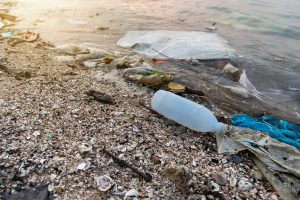 Resin and packaging giants last week committed $1 billion over the next five years to “end plastic waste.” While recycling and sustainability stakeholders say they are encouraged by the effort, they also want to ensure materials recovery remains part of the solution.
Resin and packaging giants last week committed $1 billion over the next five years to “end plastic waste.” While recycling and sustainability stakeholders say they are encouraged by the effort, they also want to ensure materials recovery remains part of the solution.
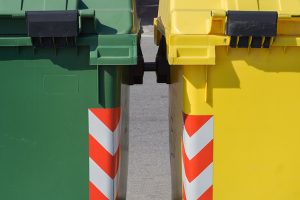 Waste Management’s latest sustainability report delves into factors impacting the plastics recycling industry as a whole, including fluctuating markets, sustainable materials management, technological advances and more.
Waste Management’s latest sustainability report delves into factors impacting the plastics recycling industry as a whole, including fluctuating markets, sustainable materials management, technological advances and more.
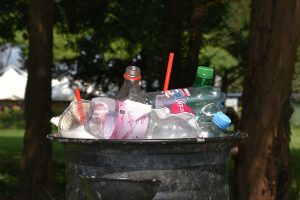 The weight of plastic bottles collected for recycling continued to decrease in the U.S. in 2017, contributing to the third straight year of a declining recycling rate.
The weight of plastic bottles collected for recycling continued to decrease in the U.S. in 2017, contributing to the third straight year of a declining recycling rate.
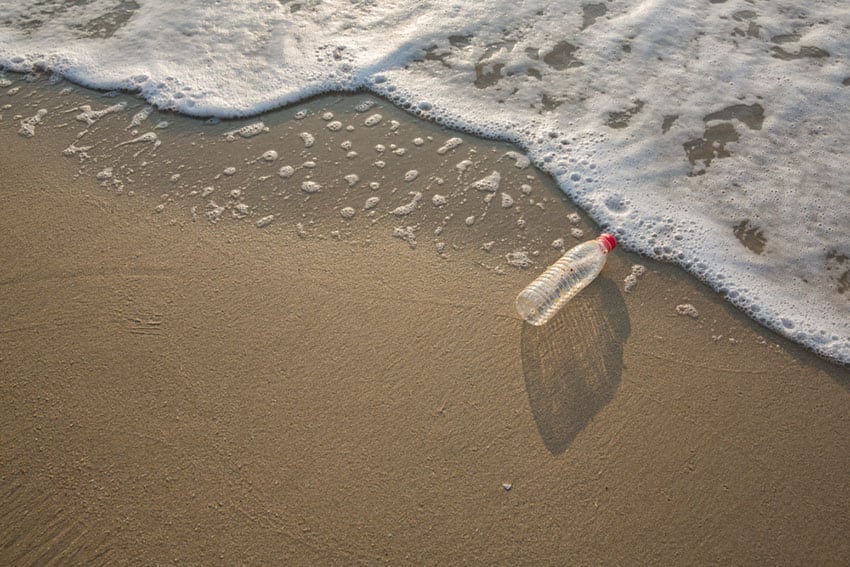 A plastic litter collection project will identify the brands whose products appear most often as improperly disposed waste.
A plastic litter collection project will identify the brands whose products appear most often as improperly disposed waste.
 Hurricane Florence has forced programs to suspend collection and led haulers to remind residential customers about proper storm debris management. At least one packaging giant has been significantly impacted by the hurricane. Continue Reading
Hurricane Florence has forced programs to suspend collection and led haulers to remind residential customers about proper storm debris management. At least one packaging giant has been significantly impacted by the hurricane. Continue Reading
 An executive at Charter NEX Films, an end user of post-consumer plastic, won the Republican nomination for the open U.S. House of Representatives seat in Wisconsin.
An executive at Charter NEX Films, an end user of post-consumer plastic, won the Republican nomination for the open U.S. House of Representatives seat in Wisconsin.
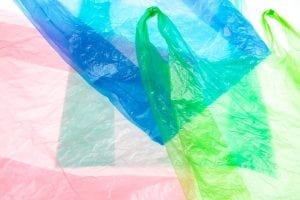 A film recycling improvement campaign in Connecticut has wrapped up its first phase and is getting ready for its second after reporting successful collection and contamination reduction results.
A film recycling improvement campaign in Connecticut has wrapped up its first phase and is getting ready for its second after reporting successful collection and contamination reduction results.
